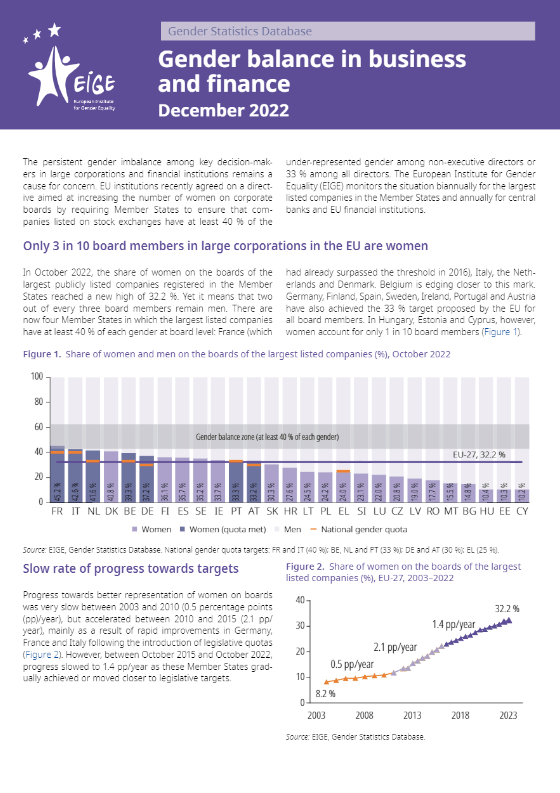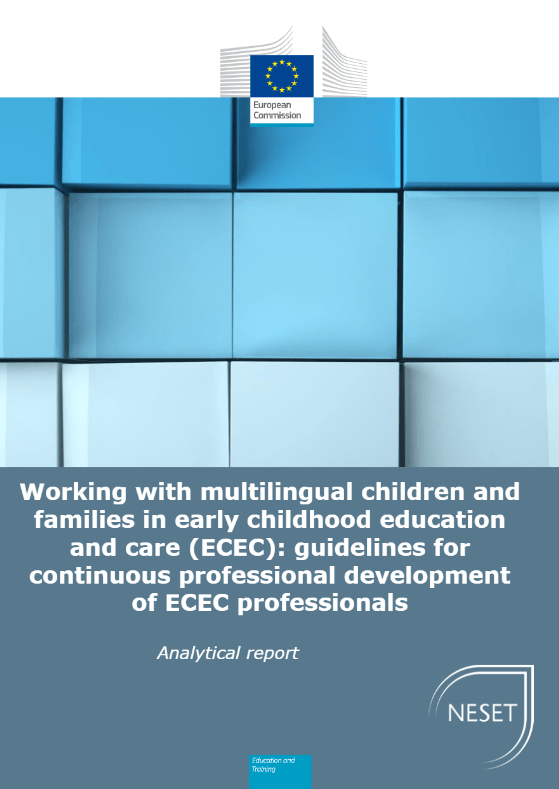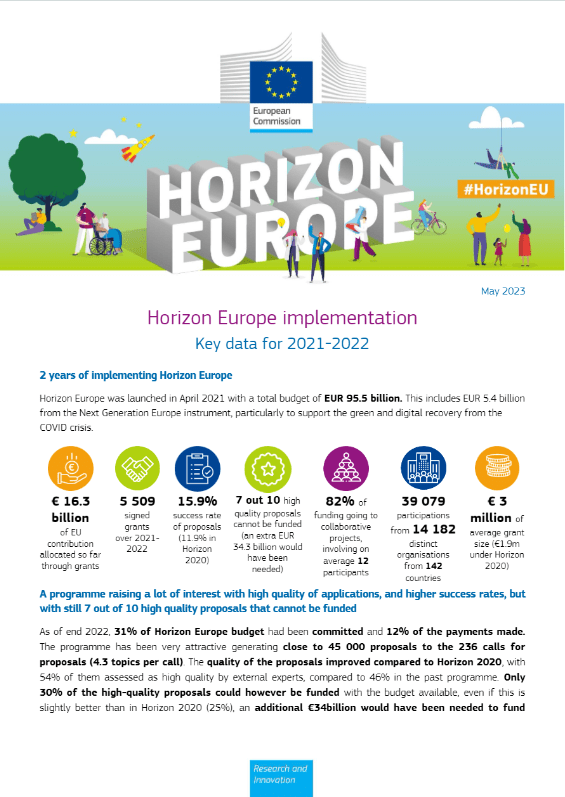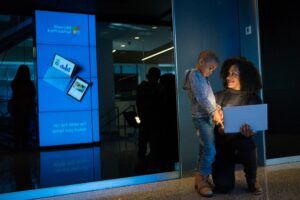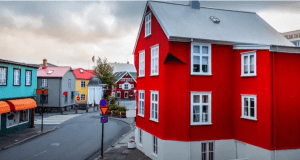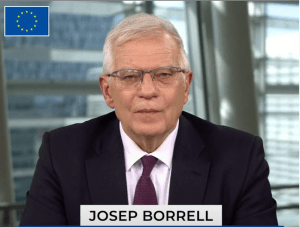
CDE Almería - Centro de Documentación Europea - Universidad de Almería
Centro de Documentación Europea de la Universidad de Almería
Cultura y Educación
Documentación comunitaria en las áreas de Cooperación Internacional Universitaria, Digitalización en el Ámbito Educativo, Espacio Europeo de Educación Superior y Patrimonio Cultural Europeo. Contiene también las últimas noticias, mediateca y boletines relacionados con la materia.
Estás aquí: Fondo Digital CDE > Cultura y Educación

The persistent gender imbalance among key decision-makers in large corporations and financial institutions remains a cause for concern. EU institutions recently agreed on a directive aimed at increasing the number of women on corporate boards by requiring Member States to ensure that companies listed on stock exchanges have at least 40 % of the under-represented gender among non-executive directors or 33 % among all directors. The European Institute for Gender Equality (EIGE) monitors the situation biannually for the largest listed companies in the Member States and annually for central banks and EU financial institutions.
[Leer Más]An increasing number of children are growing up in environments in which more than one language is spoken. For many of these children, early childhood education and care (ECEC) is often their first contact with the majority language of the country in which they are growing up. This situation adds to the crucial role that ECEC professionals play in children’s education. Children from multilingual families bring an added richness to the ECEC centre. Their full language repertoire is both a resource for the child’s own holistic development, and enriches the learning experiences of the other children. Policy recommendations at European level, as well as the United Nations (UN) Convention on the Rights of the Child advocate for language learning from a young age and promotion of multilingual education in ECEC. However, multilingualism presents specific challenges for ECEC professionals. To support multilingual children and families, ECEC staff must possess complex knowledge, skills and competences, as well as an understanding of child development and early childhood pedagogy. Many ECEC professionals feel an insecurity or lack of experience about working with multilingual children and families. In addition, educational practices are often geared toward monolingualism, and approach diversity and multilingualism as a problem instead of a resource. Multilingual parents (or non-native speakers of the institutional language) may also be uncertain when faced with making choices for their child, and often face barriers to engaging in reciprocal relationships with ECEC professionals.
[Leer Más]This factsheet reports the key data of 2 years of Horizon Europe implementation for 2021-2022. In particular on funding, proposals success rates, contribution to pillars.
[Leer Más]- « Anterior
- 1
- …
- 119
- 120
- 121
- 122
- 123
- …
- 3.143
- Siguiente »
Noticias relacionadas
Boletines CDE
- BOLETÍN INFORMATIVO EDUCACIÓN Y CULTURA EN LA UE (Nº9)
- BOLETÍN INFORMATIVO EDUCACIÓN Y CULTURA EN LA UE (Nº8)
- BOLETÍN INFORMATIVO EDUCACIÓN Y CULTURA EN LA UE (Nº7)
- BOLETÍN INFORMATIVO EDUCACIÓN Y CULTURA EN LA UE (Nº6)
- BOLETÍN INFORMATIVO EDUCACIÓN Y CULTURA EN LA UE (Nº5)
- BOLETÍN INFORMATIVO EDUCACIÓN Y CULTURA EN LA UE (Nº4)
- BOLETÍN INFORMATIVO EDUCACIÓN Y CULTURA EN LA UE(Nº 3)
- BOLETÍN INFORMATIVO EDUCACIÓN Y CULTURA EN LA UE (Nº 2)
- BOLETÍN INFORMATIVO EDUCACIÓN Y CULTURA EN LA UE (Nº1)
